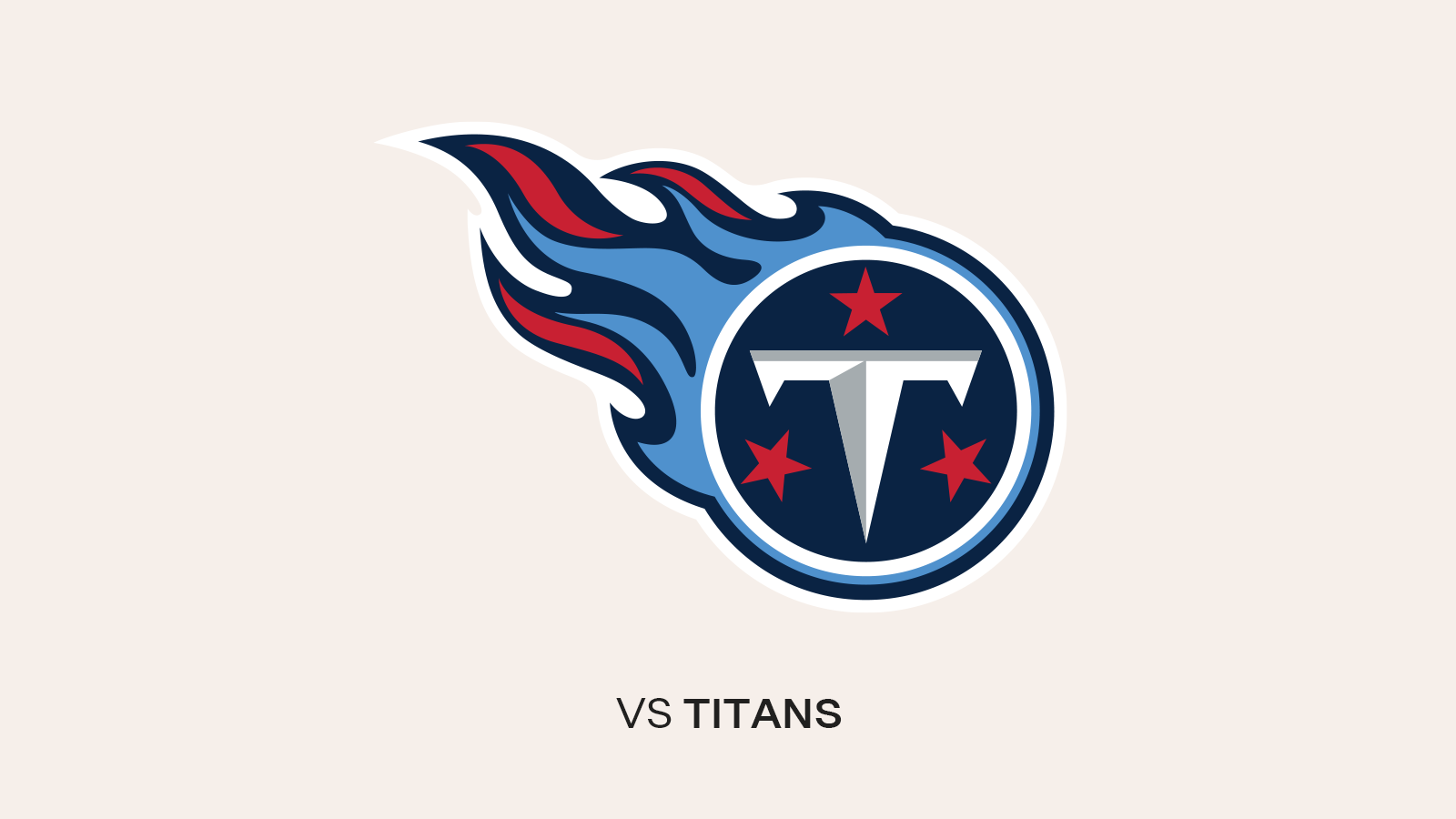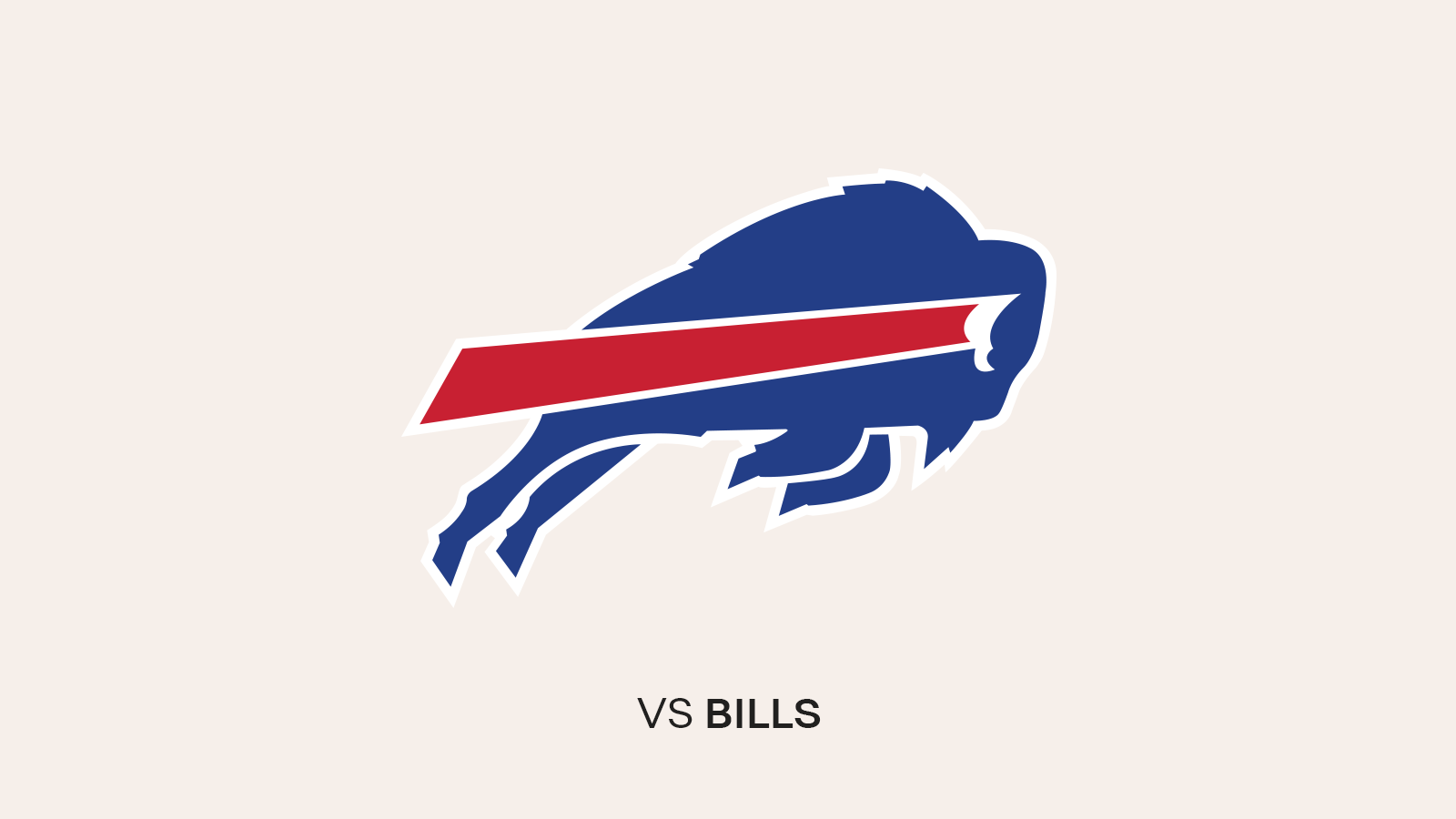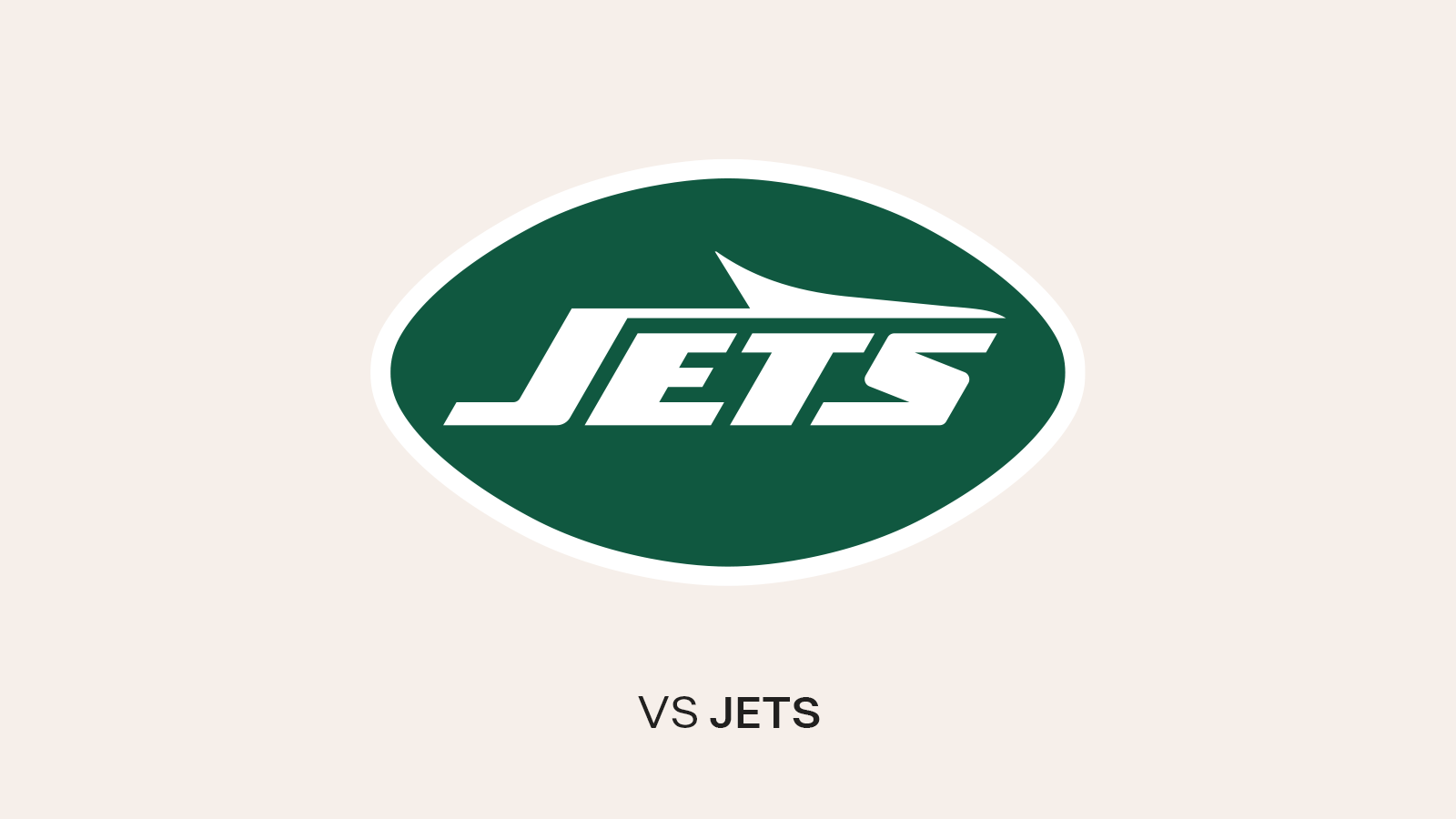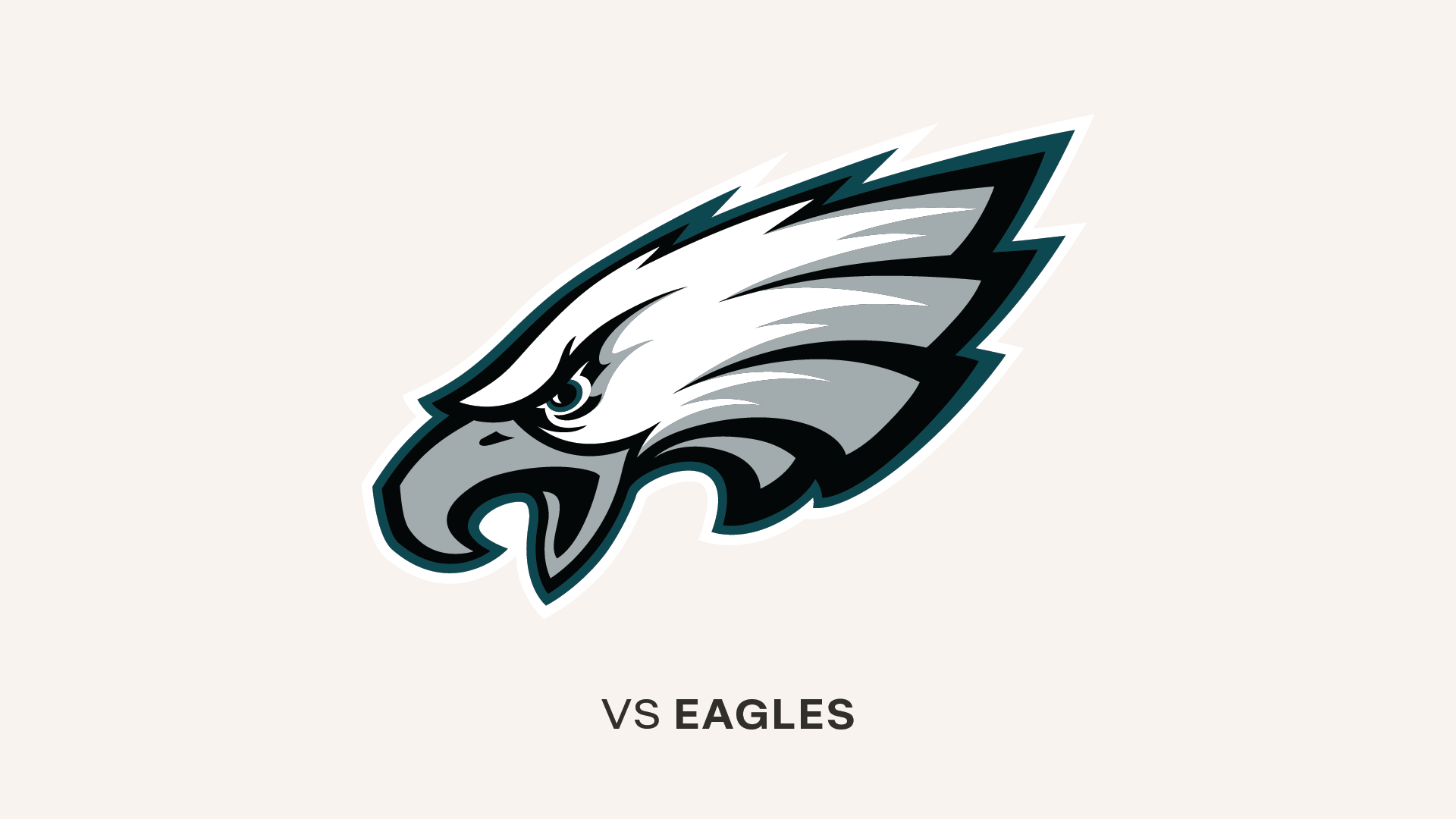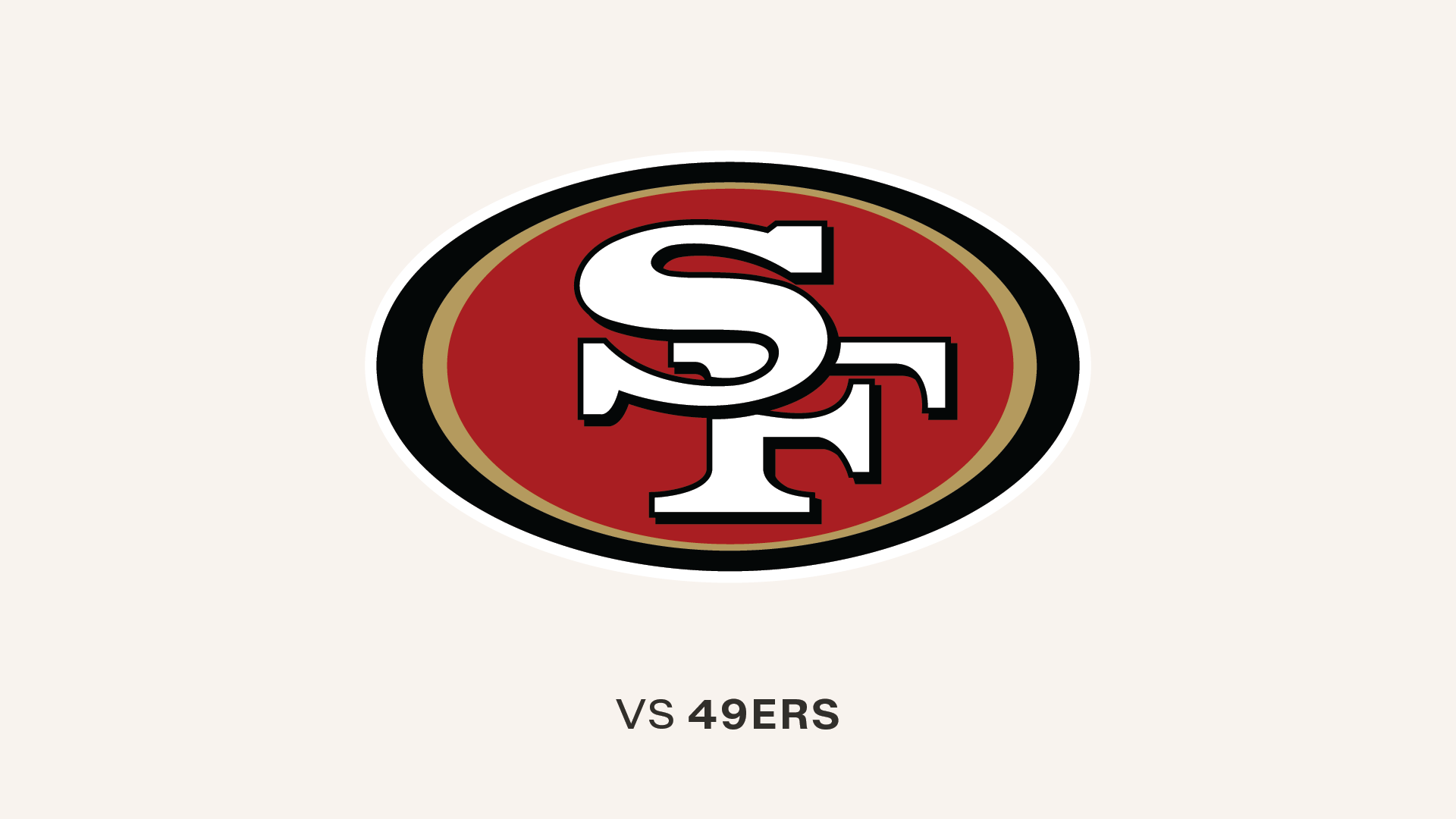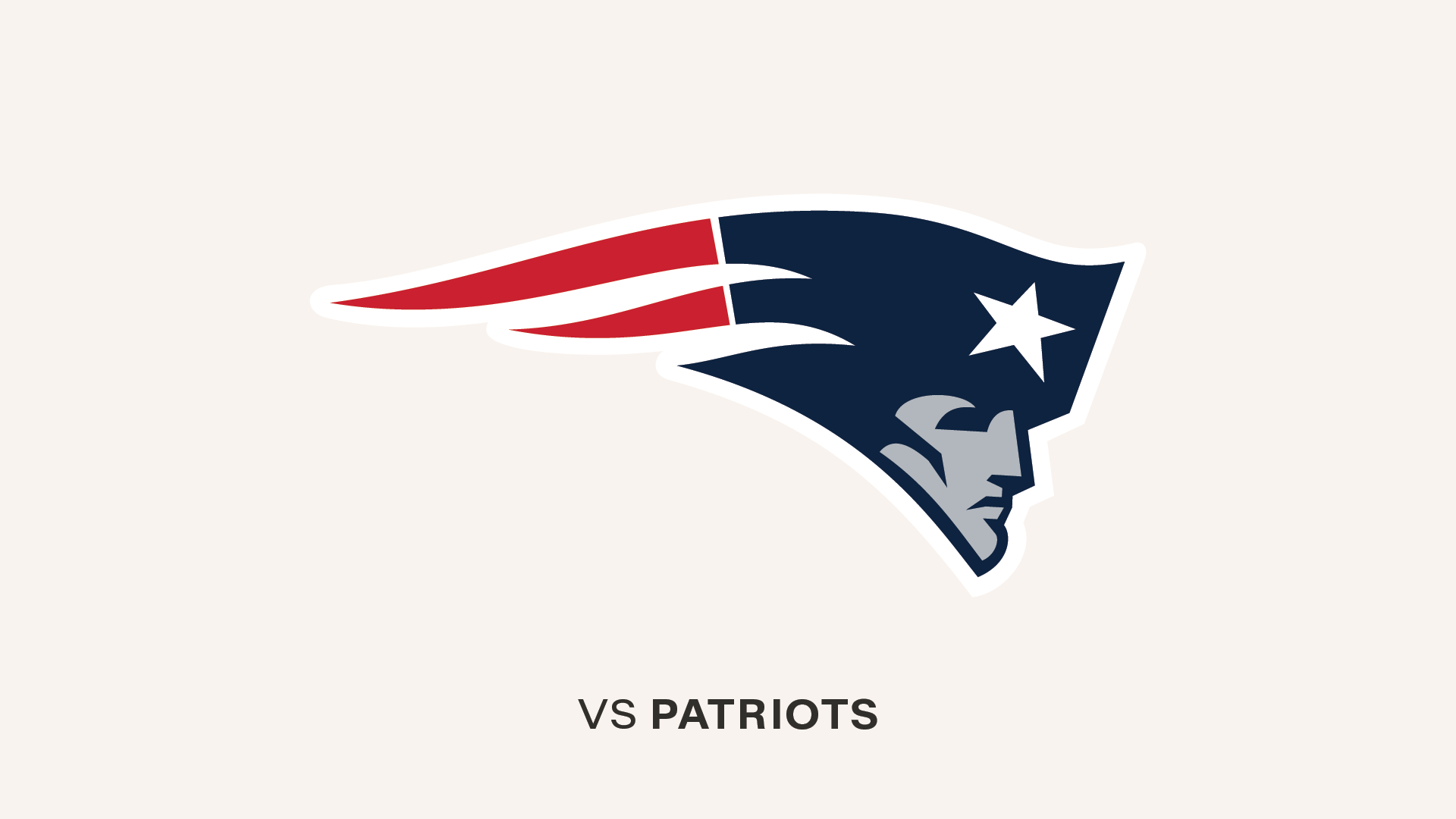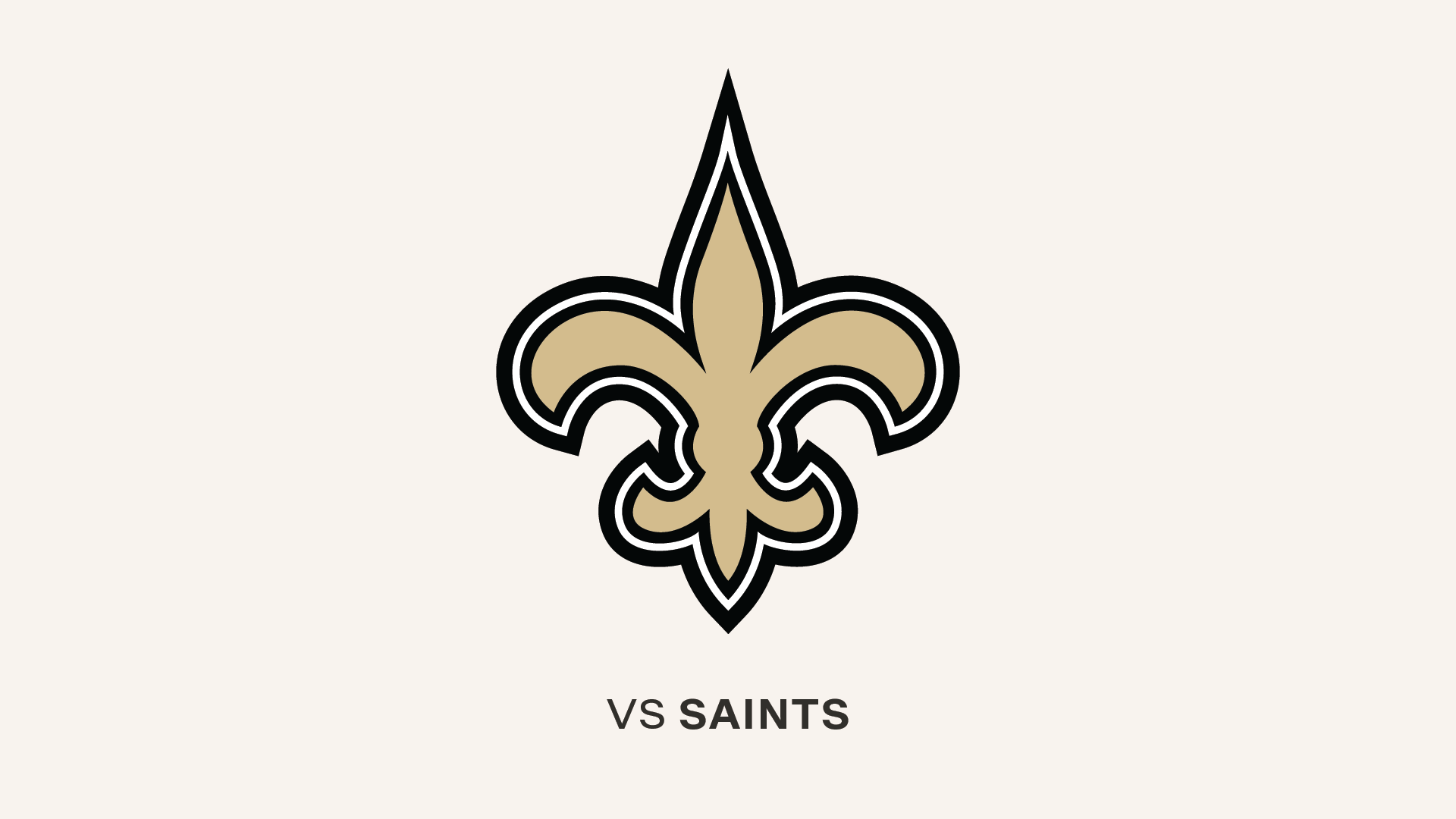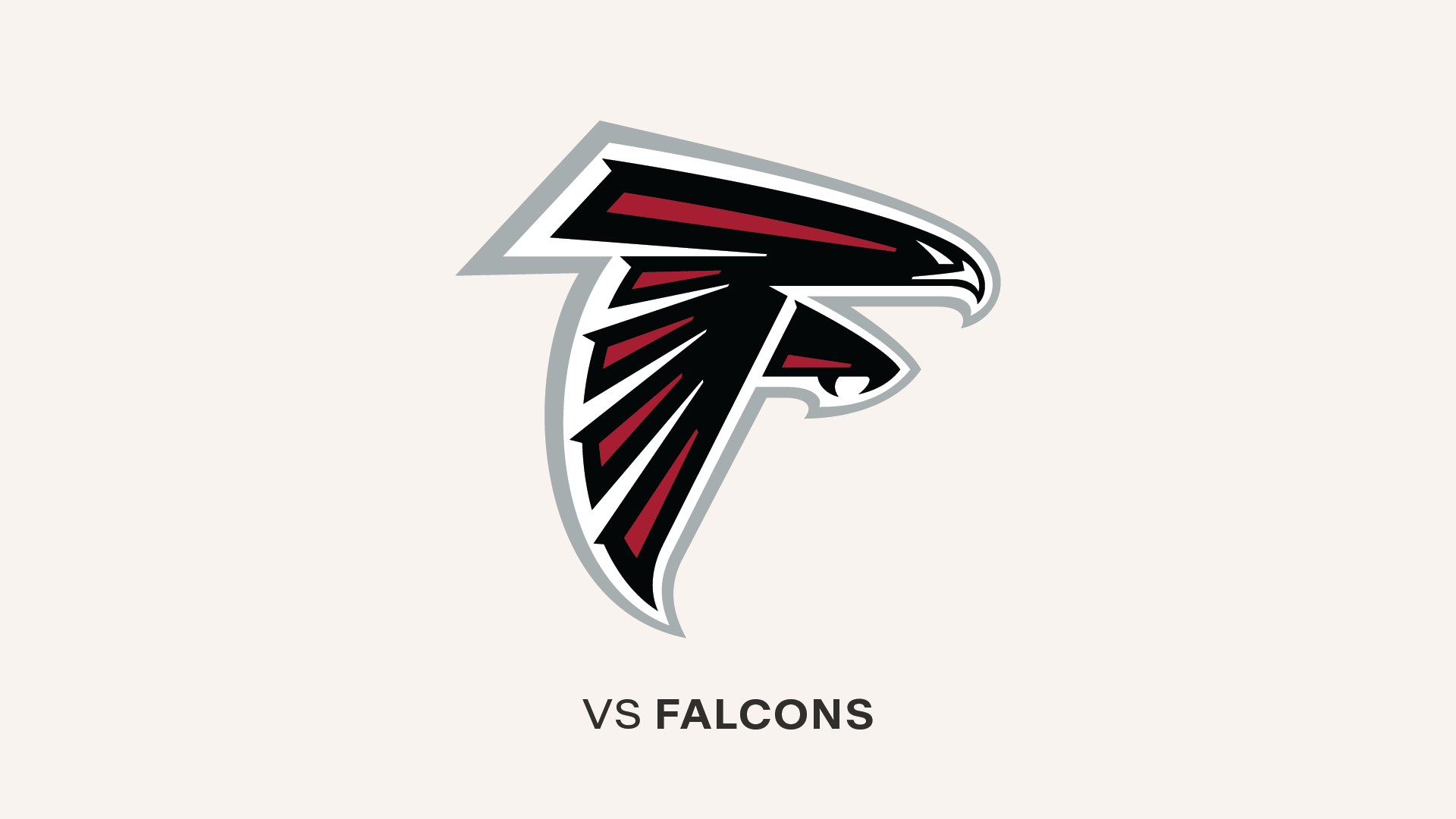*
In preparation for the 2016 NFL Draft, lets take a look back at every 9th pick in NFL Draft History.

1966: Jim Grabowski, RB - Packers

1967: Bob Hyland, C - Packers
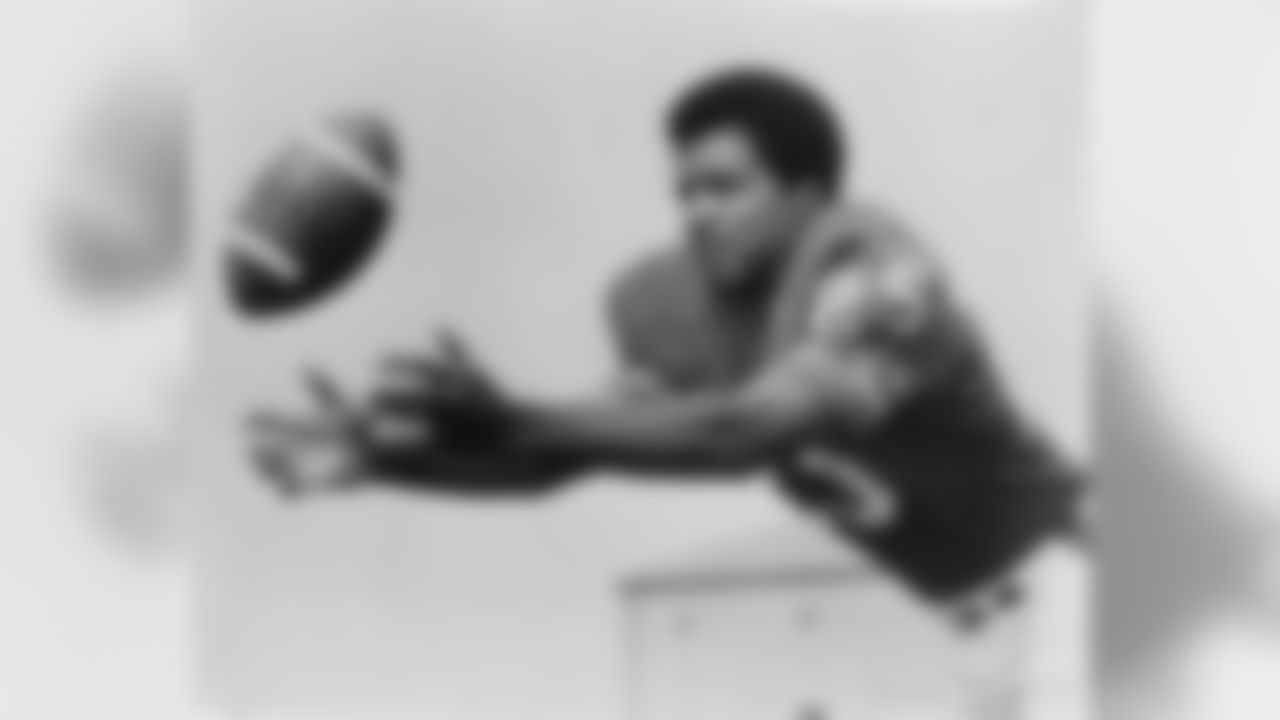
1968: Haven Moses, WR - Bills

1969: Marty Domres, QB - Chargers

1970: Cedric Hardman, DE - 49ers

1971: John Brockington, RB - Packers

1972: Jerome Barkum, WR - Jets

1973: Otis Armstrong, RB - Broncos

1974: Wilbur Jackson, RB - 49ers

1975: Mike Fanning, DT - Rams
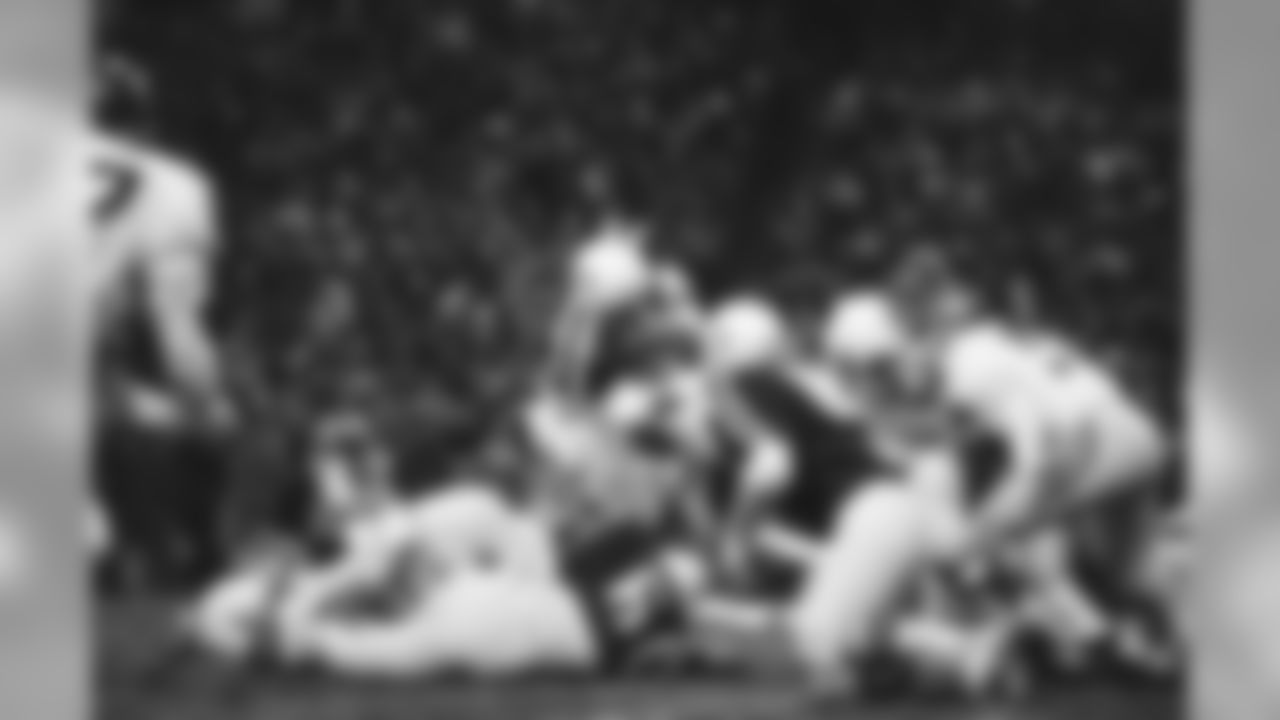
1976: Bubba Bean, RB - Falcons

1977: Mike Butler, DE - Packers

1978: Keith Simpson, DB - Seahawks
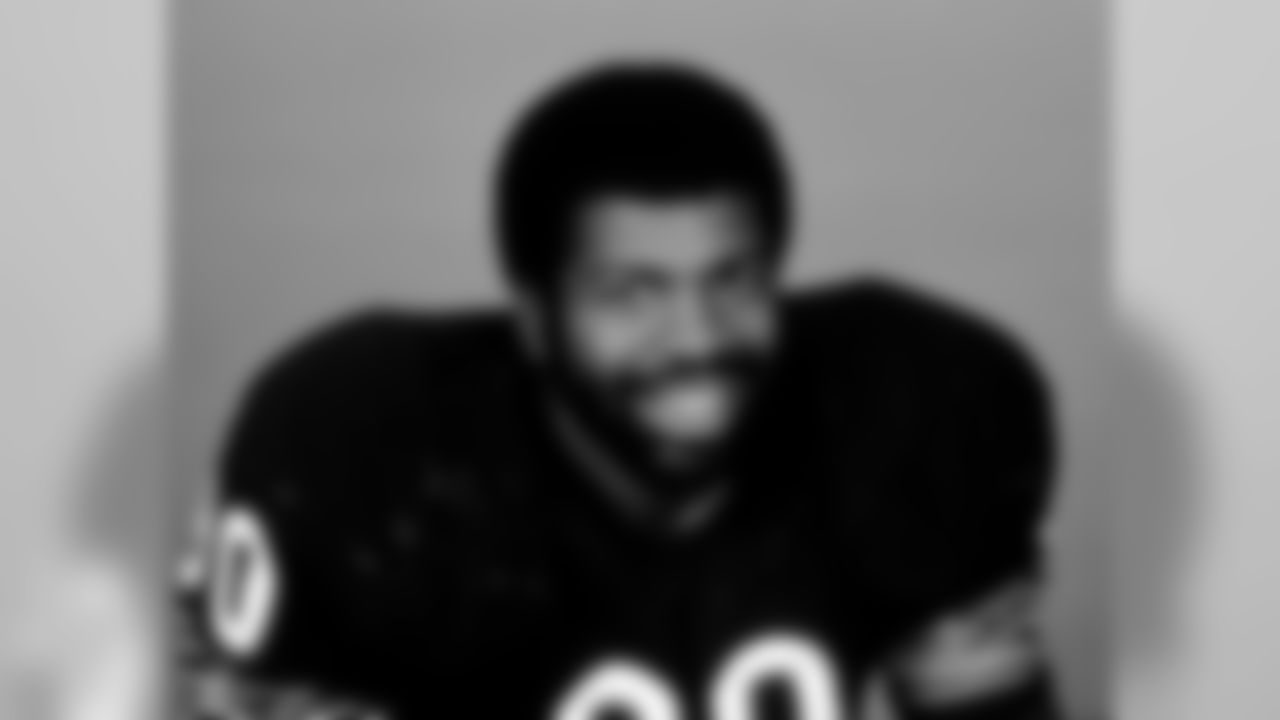
1979: Al Harris, DE - Bears

1980: Doug Martin, DE - Vikings

1981: Mel Owens, LB - Rams

1982: Gerald Riggs, RB - Falcons

1983: Bruce Matthews, G - Oilers

1984: Rick Bryan, DT - Falcons

1985: Kevin Allen, OT - Eagles

1986: John Rienstra, G - Steelers

1987: Jerome Brown, DT - Eagles

1988: Terry McDaniel, DB - Raiders

1989: Sammie Smith, RB - Dolphins

1990: Richmond Webb, OT - Dolphins

1991: Stanley Richards, DB - Chargers

1992: Tommy Vardell, RB - Browns

1993: Lincoln Kennedy, OT - Falcons

1994: Antonio Langham, DB - Browns

1995: Kyle Brady, TE - Jets

1996: Rickey Dudley, TE - Raiders

1997: Tom Knight, DB - Cardinals

1998: Fred Taylor, RB - Jaguars

1999: Chris Claiborne, LB - Lions

2000: Brian Urlacher, LB - Bears

2001: Koren Robinson, WR - Seahawks
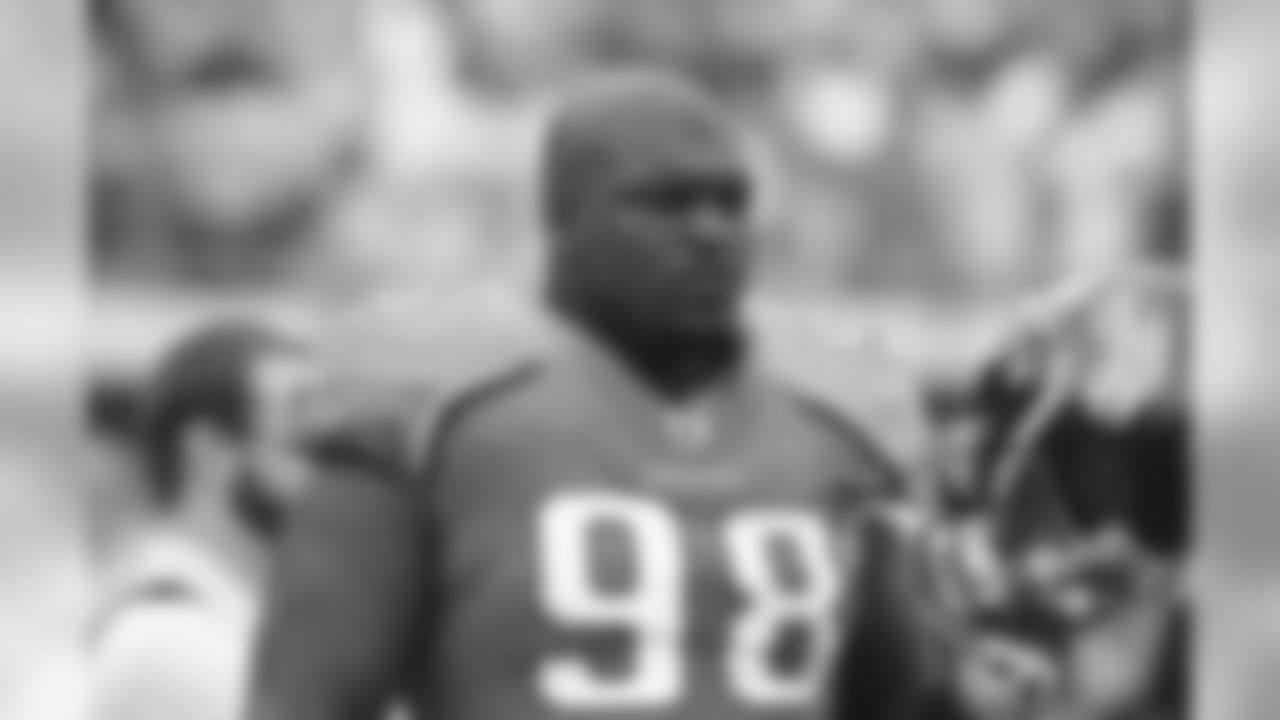
2002: John Henderson, DT - Jaguars

2003: Kevin Williams, DE - Vikings

2004: Reggie Williams, WR - Jaguars

2005: Carlos Rogers, DB - Redskins
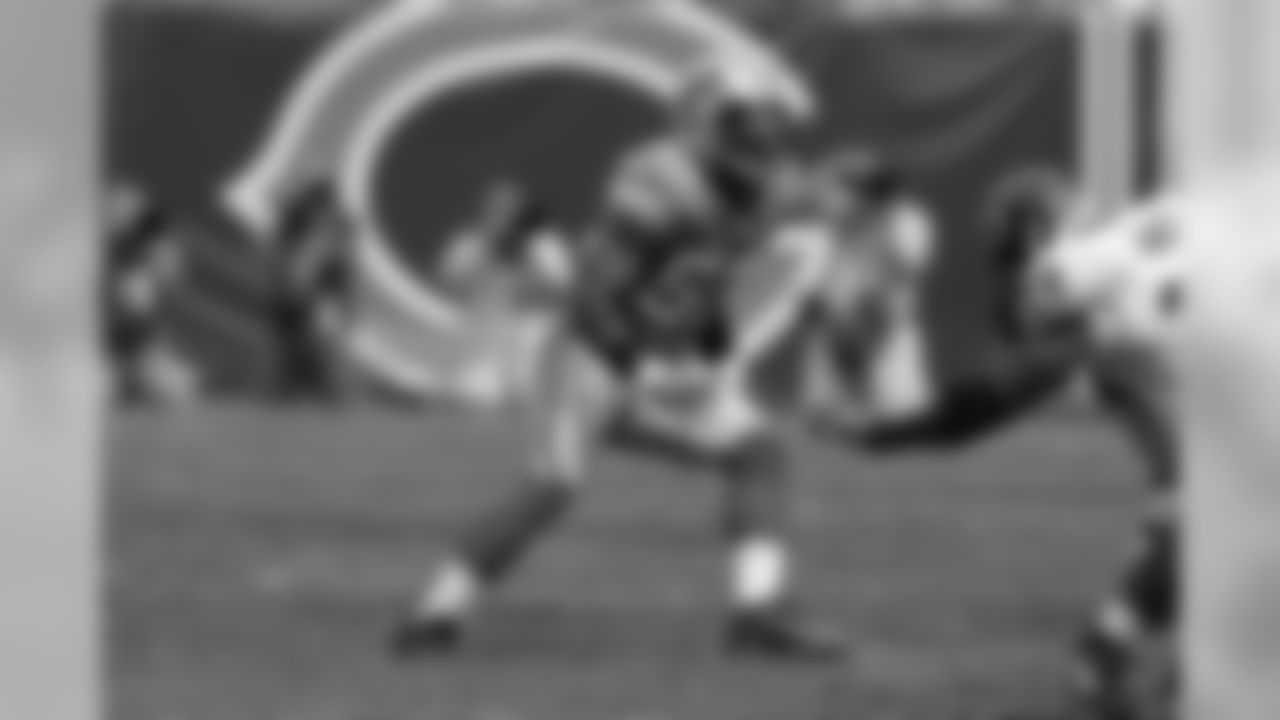
2006: Ernie Sims, LB - Lions

2007: Ted Ginn, WR - Dolphins

2008: Keith Rivers, LB - Bengals

2009: B.J. Raji, DT - Packers

2010: C.J Spiller, RB - Bills
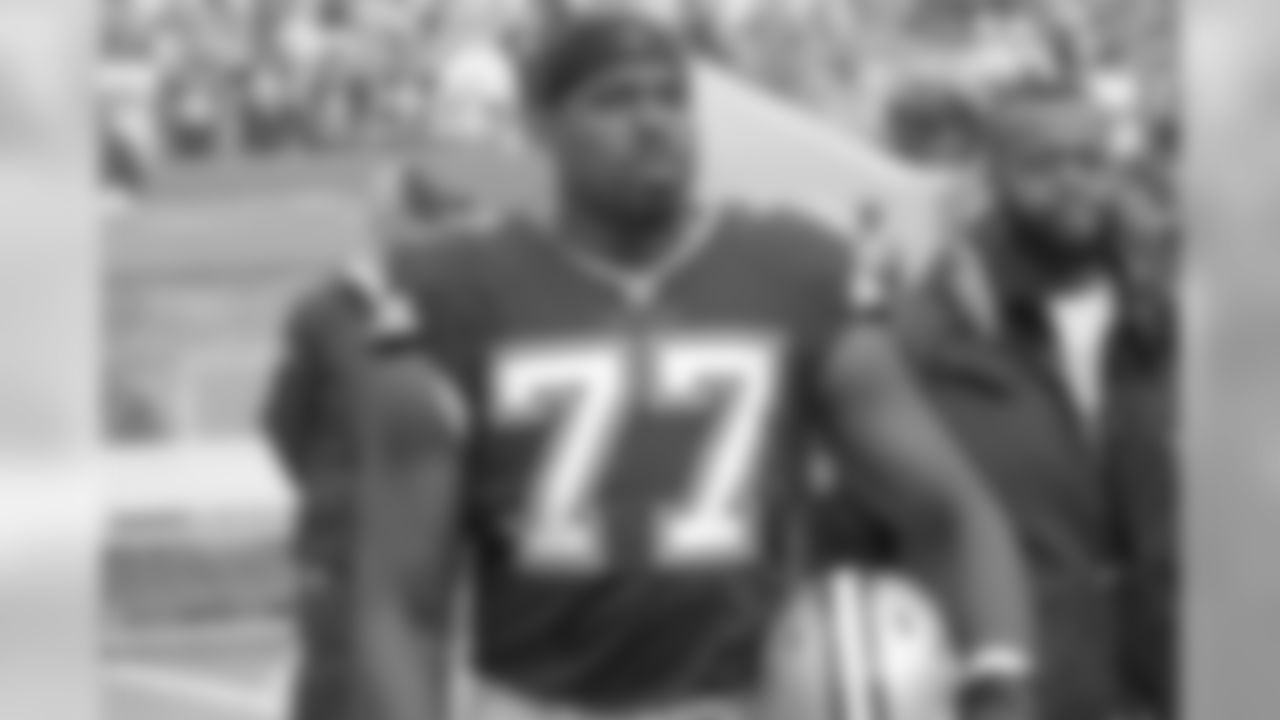
2011: Tyron Smith, T - Cowboys

2012: Luke Kuechly, LB - Panthers

2013: Dee Milliner, DB - Jets

2014: Anthony Barr, LB - Vikings
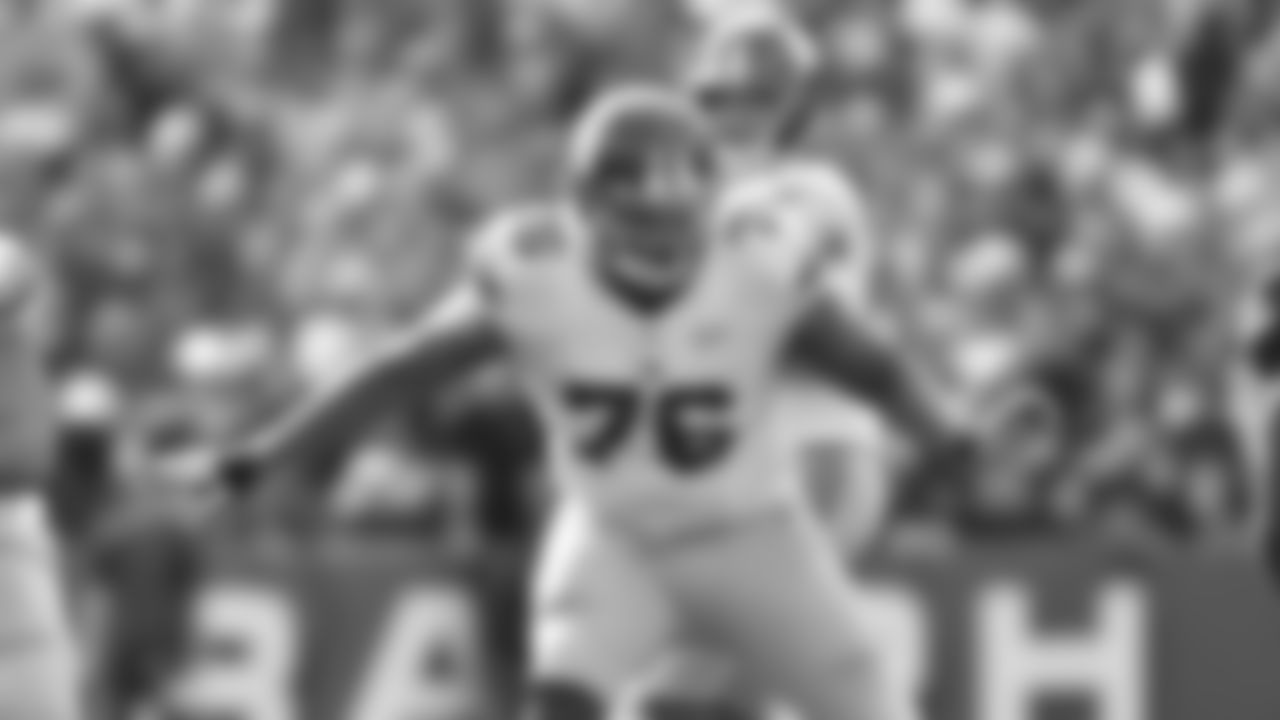
2015: Ereck Flowers, G - Giants
Each week during the remainder of the offseason, Senior Writer/Editor Scott Smith will dip into the inbox to answer questions from Buccaneer fans. This week, we discuss the potential of a Mike Glennon trade again, this time in relation to the draft. We also determine the most important stats for the Bucs to excel in as they chase a division crown in 2016 and gauge the team's interest in the NFL's newest free agent.*
Fans can submit questions for upcoming mailbags via Twitter to @ScottSBucs (#BucsMailbag), through a message on the Buccaneers Official Facebook Page or via email at **tbbsocial@buccaneers.nfl.com*. The One Buc Mailbag runs every Thursday and is not necessarily meant to reflect the opinions of the team's management or coaching staff.
1. Mock Agreement? Scott, Do you feel this blockbuster trade with the Titans and Rams for the top overall pick in the draft has changed the thought process of Jason Licht? Now that the Rams have in a sense setup the draft with a QB going #1, does that allow Licht to now have pre-draft trade talks with Cleveland because there is no fear now that Ramsey could not be available at #2. We can only hope that the Rams are targeting the QB that Cleveland favors and they become more open to trading down. Do you see these deals as viable options with Cleveland or will it take much more? 1) Swap of 2016 1st rounders; Mike Glennon; 2016 3rd round; 2017 2nd round 2) Swap of 2016 1st rounders; Mike Glennon; 2017 1st round Thanks, MJ(NOTE: This question arrived prior to Wednesday's trade between Cleveland and Philadelphia, which essentially rendered most of it moot. However, since I had already written my response, and some of the underlying issues – such as, how much would it take to trade Mike Glennon and how interested are the Buccaneers in trading up in the draft – are still valid, I'm going to run it anyway, with a few tweaks to acknowledge the Browns' deal.)
*
Casey Phillips and I have talked quite a bit about the potential of a Mike Glennon trade in our biweekly Insider Live shows, but usually in a much more general sense. Could a trade happen? (Yes, because both Jason Licht and Dirk Koetter have said they would have to listen to offers, even though they very much value having Glennon on the team.) Approximately what would it take for the Bucs to say yes? (Maybe a second-round pick, but it's not particularly clear.) However, MJ is getting a lot more specific here.
MJ has pinpointed a trade partner, as well as a particular goal for the Buccaneers if they make a deal, that being a move up in the draft to get Florida State defensive back Jalen Ramsey. He even lays out a few specific proposals for us to consider. We'll get to those in a second.
There are a lot of assumptions in this proposal-slash-question. I'm not saying any or all of them are wrong, but since we won't know how Jason Licht and the Cleveland brain trust feels about these players until after the draft (if then), this feels a bit like speculation piled on top of speculation. First, the Bucs have to love Ramsey, enough so that they make a very aggressive trade to move up seven spots. Second, the Browns have to not be in love with one of the quarterbacks (or Ramsey), enough so that they are willing to move down. (Apparently, given Wednesday's trade, this part was on the money.) And, third, the Browns have to not only like Glennon, but see him as a better long-term option than any of the players in the draft.
I have maintained all along that I believe a trade up to get Ramsey is unlikely for the Bucs, not because they are uninterested but because the cost would be prohibitive. Would Jason Licht like to have Jalen Ramsey? Probably. Would he want to spend both of his first two picks (surely the bare minimum cost) on him, or get help at several spots on defense instead? I'm not sold on that. I think Licht would be more likely to stay put and let the draft come to him, as there is sure to be a player who will help the Bucs significantly still available at #9.
However, MJ gets around that issue here somewhat by working Glennon into the deal. It would seem like a strange combination of moves to me, the Browns signing Griffin and then trading for Glennon. Griffin was drafted in 2012 and the Browns signed him to a two-year deal. Glennon was drafted in 2013 and his rookie deal has just one year left on it before he hits unrestricted free agency. How much would they get out of Glennon, baring a new deal, before he had a chance to pick his own destination in 2016?
I know I'm using the rhetorical question device quite a bit in this answer, but that's because these uncertainties keep popping into my mind as I consider MJ's overall idea.
So I guess I've already come down on the skeptical side of the first two presumptions here: That the Bucs would trade up seven spots in the first round to get Ramsey (or any particular player), and that the Browns would be one of the team's keenly interested in acquiring Glennon. But let's go ahead with this and assume I'm wrong on both of those points, which allows us to consider the two specific trade proposals MJ offers up.
The punctuation on the two offers leaves me a little uncertain as to who is giving up the picks, but I will assume that it is the Buccaneers. That is, the Browns will be asking for Glennon and some pick or combination of picks to make the swap. If, on the other hand, it's the Browns giving up the picks, then I would say it's completely unrealistic.
And I would have to say yes to both deals, in the sense that it DOES seem like enough. If the Browns got the quarterback they wanted and either a first-round pick next year or a third this year and a second next year, I think they would do that deal. (Again, under the previous assumptions.) I do NOT think the Buccaneers would make either of those offers, though the first one is a little more palatable.
I don't know why the Buccaneers would give up Glennon – in whom, again, they see great value whether they keep him on the team or swap for a significant draft pick – and a first-round pick to move up seven spots, even for Ramsey. The best way to build through the draft is to consistently have as many picks as possible, because there truly are no sure things. You have to give yourself more chances to hit.
The first offer…maaaaaaybe. I like that the Bucs don't have to give up their second-round pick this year, and maybe you can talk yourself into surrendering a second-rounder if the bill doesn't come due for another year. That said, Licht recently said that this draft is very deep in the middle rounds, and that his team thinks it can add a very important piece at #74. He may be loath to part with that pick, too.
I really liked this email from MJ because there was clearly a lot of thought, from several different angles, put into the scenario he devised. That the Browns made it impossible by turning a different deal doesn't invalidate some of the issues he brought up. There isn't any part of it that is inherently unreasonable; I just personally find myself being skeptical of most of the necessary assumptions needed to make it work.
2. M.V.S. (Most Valuable Stats)?
* *Casey and I fielded this question on one of our Insider Live shows last week, but we didn't have much time to discuss it and I thought it was something I could answer more thoroughly if I was given time to think about it. Plus, stats! This one was made for the written treatment, so I'm stealing it.
A look at the best draft prospects still on the board, according to NFL.com.

- Kolby Listenbee, WR, TCU
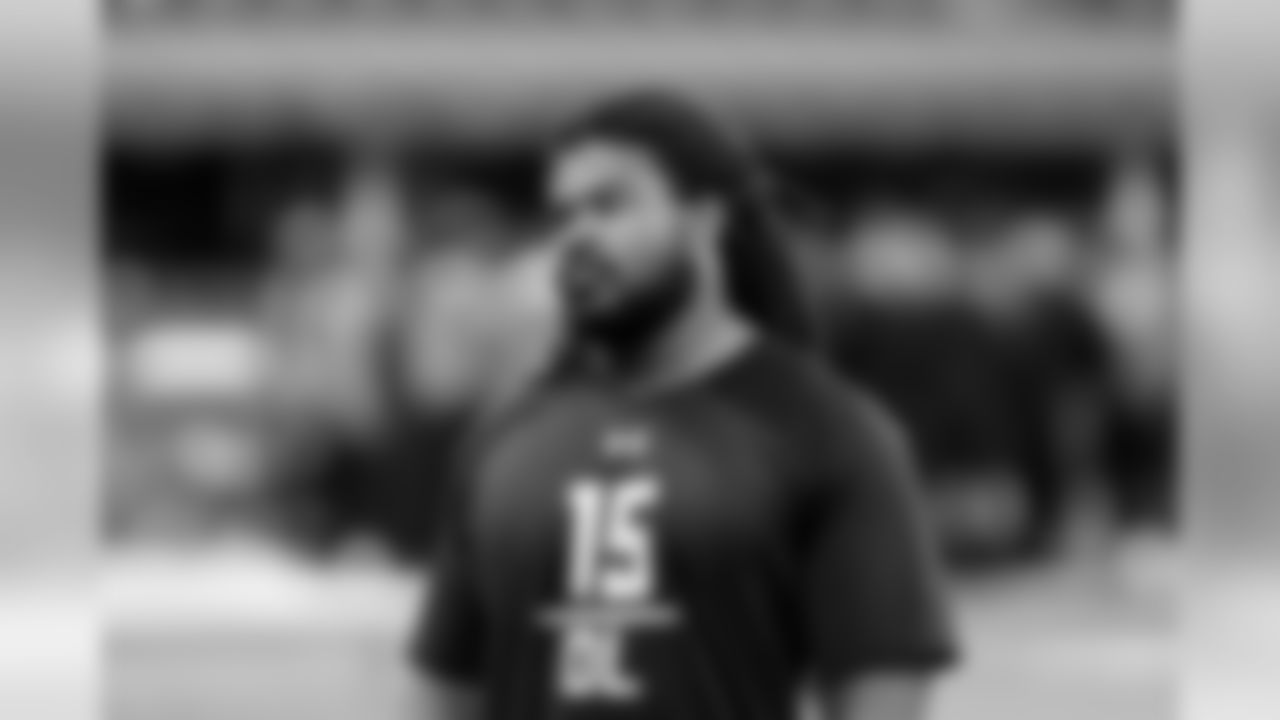
- Sheldon Day, DT, Notre Dame

- Joe Dahl, OG, Washington State

- Blake Martinez, ILB, Stanford

- Adam Gotsis, DT, Georgia Tech

- Vadal Alexander, OG, LSU

- Jerald Hawkins, OT, LSU

- Cyrus Jones, CB, Alabama

- Nick Martin, OG, Notre Dame

- Nick Kwiatkoski, ILB, West Virginia

- Joshua Perry, ILB, Ohio State

- Will Redmond, CB, Mississippi State

- Xavien Howard, CB, Baylor

- Christian Hackenberg, QB, Penn State

Willie Beavers, OT, Western Michigan

- Isaac Seumalo, OG, Oregon State

- DeAndre Houston-Carson, S, William & Mary

- Miles Killebrew, S, Southern Utah

- Dak Prescott, QB, Mississippi State

- Kenneth Dixon, RB, Louisiana Tech

- Yannick Ngakoue, DE, Maryland

- Shon Coleman, OT, Auburn

- Kyler Fackrell, OLB, Utah State

- Hassan Ridgeway, DT, Texas

- Braxton Miller, WR, Ohio State

- Christian Westerman, OG, Arizona State

- Shilique Calhoun, DE, Michigan State

- Max Tuerk, C, USC

- Jordan Howard, RB, Indiana
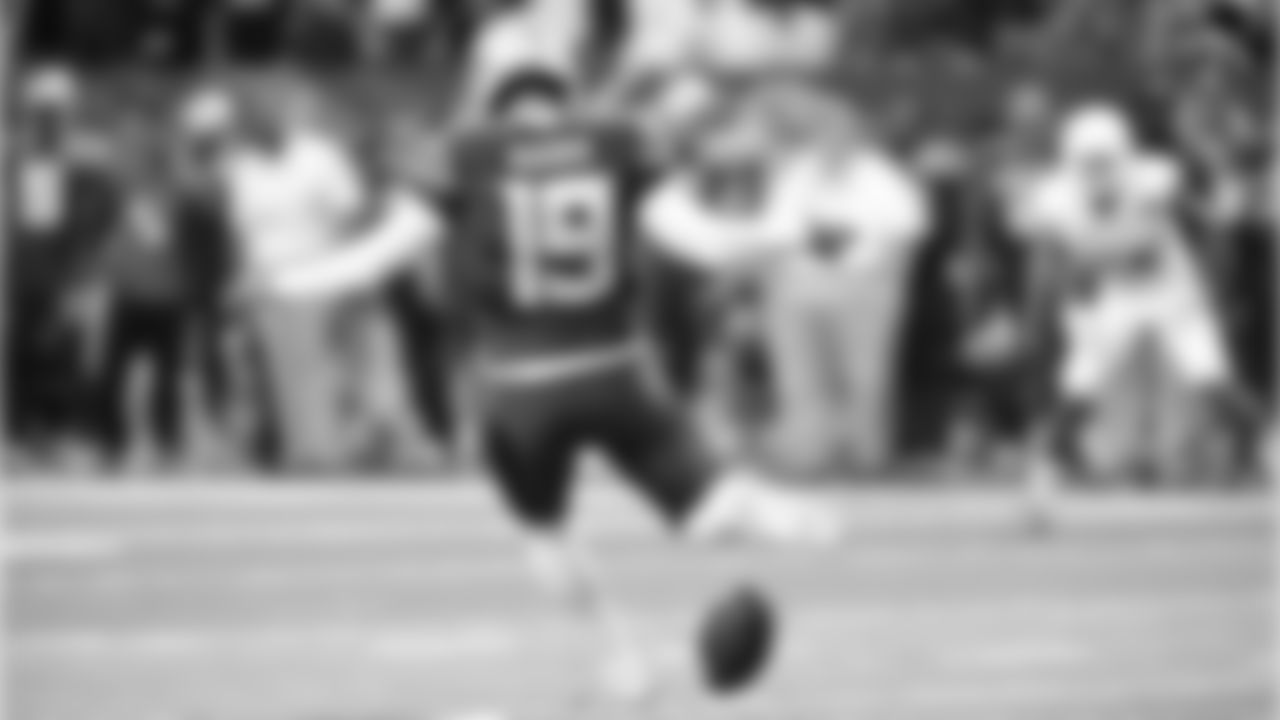
- Roberto Aguayo, K, Florida State

- Nick Vannett, TE, Ohio State

- Le'Raven Clark, OT, Texas Tech

- Zack Sanchez, CB, Oklahoma

- Noah Spence, DE, Eastern Kentucky

- Deion Jones, OLB, LSU

- Jacoby Brissett, QB, North Carolina State

- C.J. Prosise, RB, Notre Dame

- Evan Boehm, C, Missouri
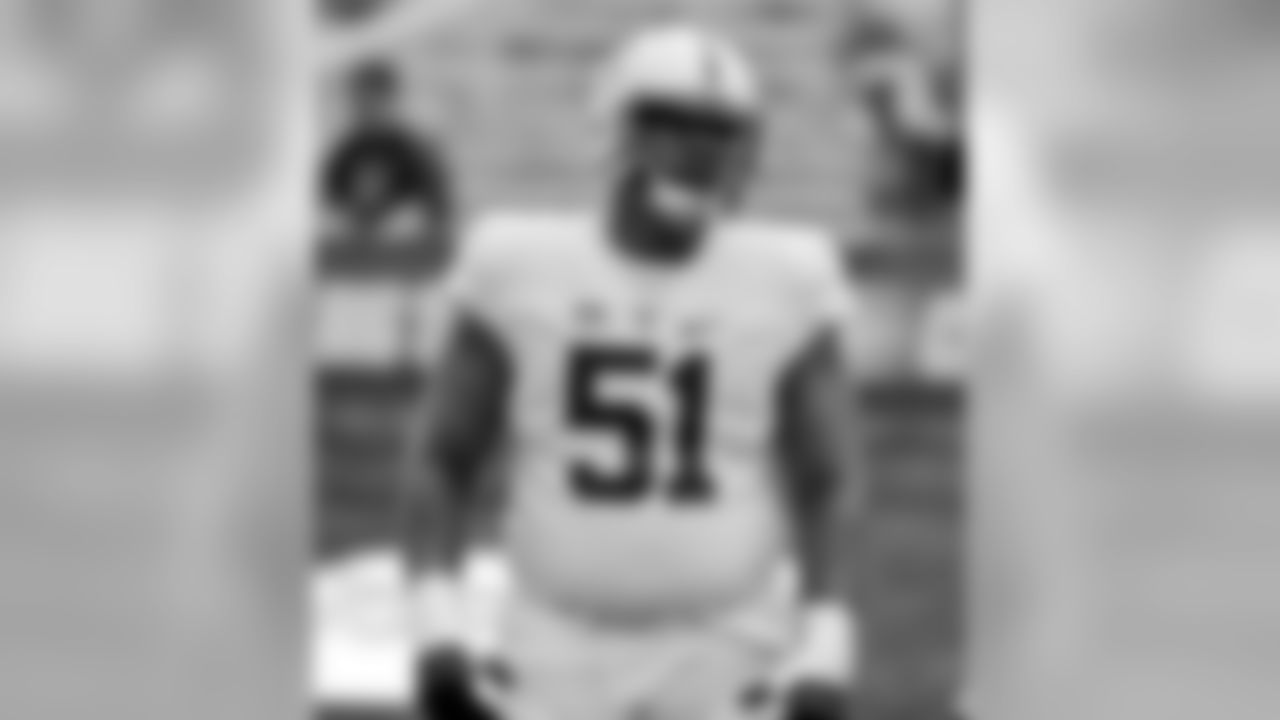
- Joshua Garnett, OG, Stanford

- Austin Hooper, TE, Stanford

- Jordan Jenkins, OLB, Georgia

- Sean Davis, CB, Maryland

- Michael Thomas, WR, Ohio State

- Connor Cook, QB, Michigan State

- Kendall Fuller, CB, Virginia Tech

- Maliek Collins, DT, Nebraska

- Devontae Booker, RB, Utah

- Andrew Billings, DT, Baylor
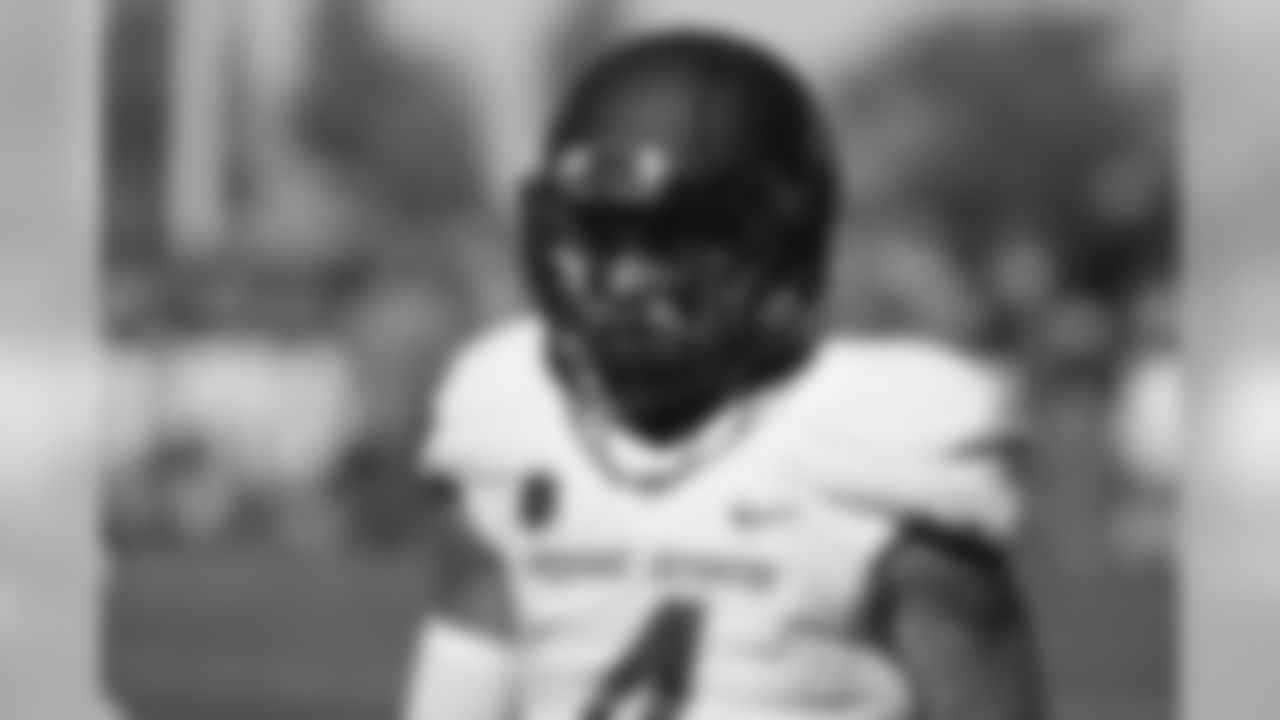
- Darian Thompson, S, Boise State

- Tyler Boyd, WR, Pittsburgh

- Su'a Cravens, OLB, USC

- Vonn Bell, S, Ohio State
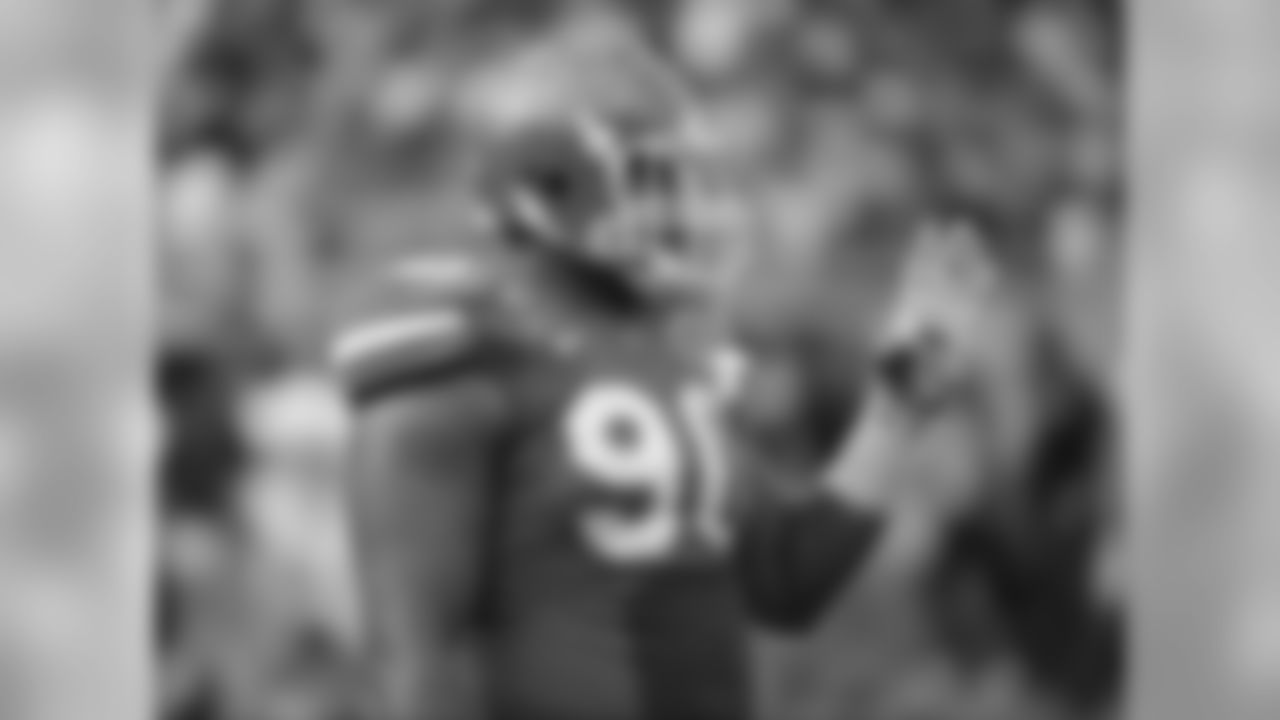
- Jonathan Bullard, DT, Florida

- T.J. Green, S, Clemson

- Kenny Clark, DT, UCLA

- Cody Whitehair, OG, Kansas State

- Austin Johnson, DT, Penn State

- Chris Jones, DT, Mississippi State

- Jihad Ward, DE, Illinois

- Sterling Shepard, WR, Oklahoma
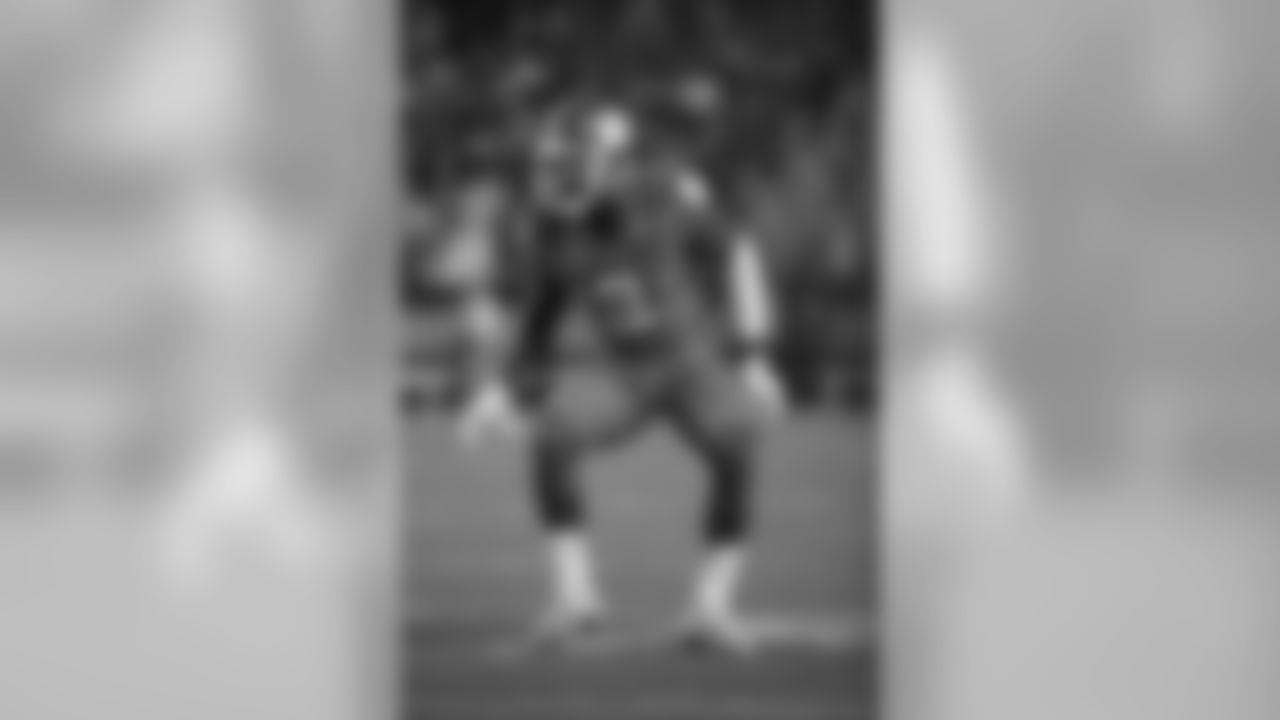
- Mackensie Alexander, CB, Clemson

- Emmanuel Ogbah, DE, Oklahoma State

- Jason Spriggs, OT, Indiana

- Hunter Henry, TE, Arkansas

- Derrick Henry, RB, Alabama

- Josh Doctson, WR, TCU

- Jarran Reed, DT, Alabama

- Reggie Ragland, ILB, Alabama
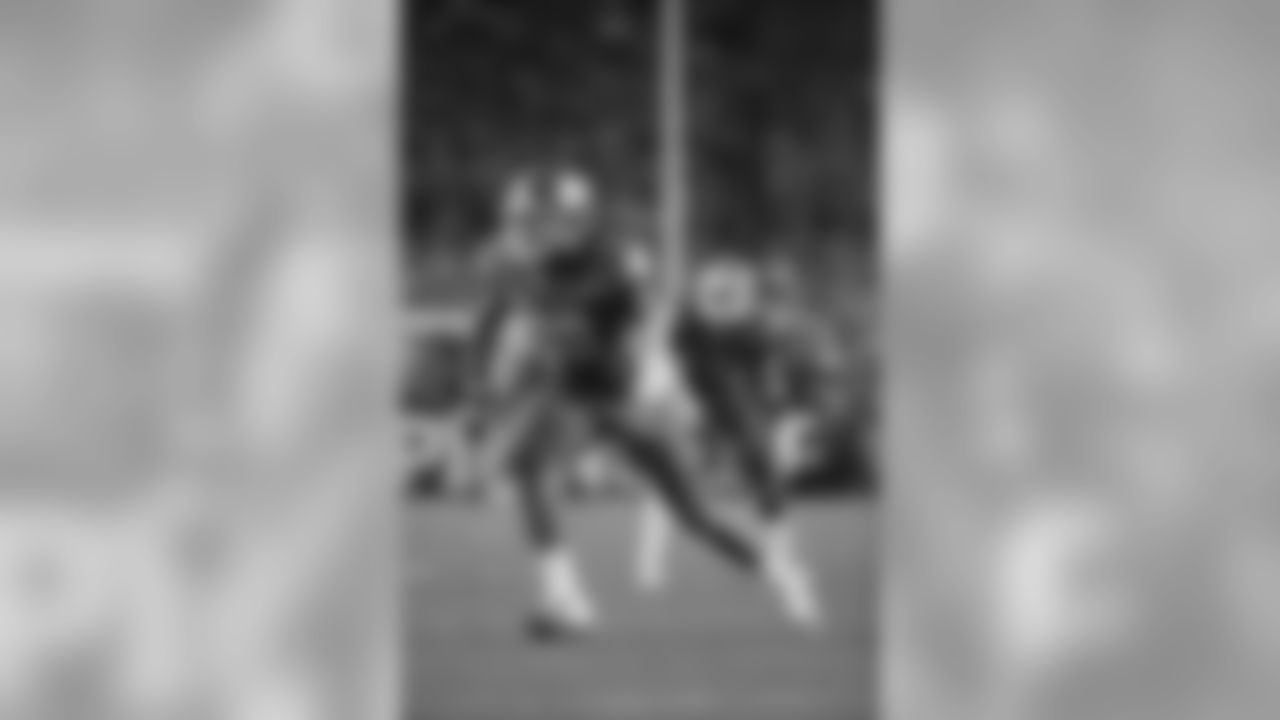
- Kevin Dodd, DE, Clemson

- A'Shawn Robinson, DT, Alabama

- Myles Jack, OLB, UCLA
In addition, I think the incomplete answer I gave on the show (I believe I started with opponent completion percentage) was aimed more at the most important statistical improvements the Bucs needed to make. Looking at the question again, that's not really what Jay is asking. He just wants to know what stats are most important, regardless of how good or bad the Bucs were in those areas last year. Of course, given that the team finished 6-10, it probably did not rank particularly high in the most predictive stat categories.
So, the most important statistical categories? I can name that tune in one note: point differential. Yeah, I know, ha ha. That's pretty close to saying the team that gets the most wins is going to take the division. You need the most wins to be the champion, and you need more points than your opponents to get wins. That's obvious. The question here is, in what stat categories does success most correlate with scoring and preventing points, and thus winning games?
I could probably just Google this and give you an answer in 10 seconds, Jay, but you asked for my professional opinion, so let me take a shot off the top of my head before I start looking up evidence. I'll go with these three things:
- Turnover differential
- Opponent passer rating
- Record in close games
That was my 30-second list, and I'm not going to change it now, but looking back at it I feel like I cheated a little bit. The first one is really obvious, but that's okay. The second one is a legitimate statistic but it's also something of a catch-all, taking into account completion percentage, touchdown percentage, interception percentage and yards per attempt. And I'm not sure the third one really qualifies as a "statistic" in the way we're discussing them here. It's not far from saying, as I did above, more wins equals a better record.
Still, if we can count record in close games as a statistic, then it's a big one, because so many games come down to the wire and being able to make the plays at the end can be the difference between a 6-10 season and a 10-6 season. We've seen that here in Tampa several times in the past few seasons. Last year, the top 10 teams in terms of win differential in games decided by eight points (one score) or less were Carolina, Arizona, Denver, Minnesota, New England, San Francisco, Indianapolis, Cincinnati, Kansas City and Philadelphia. Seven of those teams made the playoffs. That said, you would expect good teams to win a lot of games whether they were close or not, so I'm not sure this is particularly predictive.
By the way, the top nine teams in turnover differential last year (there was a five-way tie for 10th) were Carolina, Kansas City, Cincinnati, Arizona, New England, the Giants, Seattle, Buffalo and the Jets. Lots of playoff teams there, too. And the top 10 teams in opponent passer rating were Carolina, Kansas City, Seattle, Denver, Cincinnati, the Jets, Green Bay, Arizona, Houston and Buffalo. Ditto.
Now for the Googling part. Having just read up a little bit on the subject, here are two statistics that show a strong correlation with winning:
- Percentage of rushing plays
- Yards per pass attempt
Notice that I said "correlation." That was an important word choice because I purposely did not say "causation." That applies to the first statistic up there. Plenty of coaches and analysts like to say that you have to run to win games, but evidence suggests that you run more when you're winning games. In other words, a higher percentage of running plays is indicative of a good team – you run the ball more later in a game when you have a comfortable lead, as the Carolina Panthers often did last year – but simply choosing to run the ball more does not make you a better team.
*
However, that doesn't particularly matter in terms of answering Jay's question. Whether it's the cause or the effect, a higher percentage of running plays at the end of the season would probably be an indicator that the Buccaneers have been successful. And that brings up an important consideration here: Jay specifically wants to know what stats are important to *the Buccaneers winning their division here, not just some hypothetical team. The New England Patriots are annually one of the NFL's best teams, for instance, but they don't often follow that run-more paradigm. Last year, New England ran the ball on 36.5% of their plays, or 25th in the league. They were comfortably the lowest-ranked playoff team on that list. And the Denver Broncos did not have many high-ranking offensive statistics at all, but their defense was so incredible that it carried them to the title.
The Buccaneers clearly want to run the ball and emphasized that in free agency by signing guard J.R. Sweezy and bringing back running back Doug Martin. In their case, especially with a quarterback who, while brimming with promise, is still very young, they probably need to have significant success in the ground game to win ballgames. That young QB, Jameis Winston, already had the Buccaneers in the top 10 in yards per pass attempt, and knowing that Head Coach Dirk Koetter puts so much emphasis on big plays, that is likely to be part of the Bucs' winning formula, too.
I don't think turnover differential needs much explanation. It's been shown to be highly correlated with winning over and over, and I think most fans already realize that. So I'll go with those three as my Buc-specific choices for the stat categories the Bucs need to excel in this season in order to win the division:
- Turnover differential
- Percentage of rushing plays
- Yards per pass attempt
That was fun. Thanks for the question, Jay.
3. Norman Invasion?
* *It sure was a busy Wednesday for the NFL, and while the Browns-Eagles trade scuttled MJ's trade idea above (but possibly helped the Buccaneers in the process), the Panthers' surprise decision to remove the franchise tag from All-Pro cornerback Josh Norman led to a many new questions in my inbox and on Twitter. I chose David's but he was far from the only Buc fan to wonder if Norman might simply find a new home in the NFC South.
It's a good thing that this mailbag is running on Thursday, the day after Norman suddenly and unexpectedly hit the free agent market, because I have a feeling this is going to happen fast. The Panthers and Norman were obviously stalled, but with 31 other teams in the mix I'm thinking somebody is going to give Norman the contract he wants, or at least get closer than what Carolina wanted to do. It only takes one team to think he's worth it to make it happen.
Could that team be the Buccaneers? Well, to answer your first question, David, we have to know what figure we're talking about. Reports suggest that Norman is seeking around $15 million a year, which would surpass what the Jets gave Darrelle Revis and make him the highest paid corner in the league. Yes, the Bucs currently have the cap space to make that happen, and if it gets tight I'm sure Jason Licht could find some moves to give his team a little relief. I think it's more a matter of whether or not Licht (and Koetter) would want to devote that much of their cap to one cornerback; remember, Licht (and then Lovie Smith) did not want to do that with Darrelle Revis in 2014.
That said, I do expect that Licht and the Buccaneers will at least express some interest. They did so with Panthers defensive end Charles Johnson before Johnson decided to return to Carolina. You can believe that Licht is going to be thorough in researching any possible addition that would help his team. The Buccaneers looked for value in free agency this year, but that doesn't mean that Licht is afraid of the big, bold move. So it's a possibility, but if I'm a betting man I think it's another team that steps up to meet Norman's price tag.
Oh, and yes, I think the possibility of landing Hargreaves or another talented cornerback in the draft would play into that decision. The Bucs already added a proven veteran in Brent Grimes; I think they're more likely to pair him with a young, somewhat cost-controlled player they can develop from within.



































